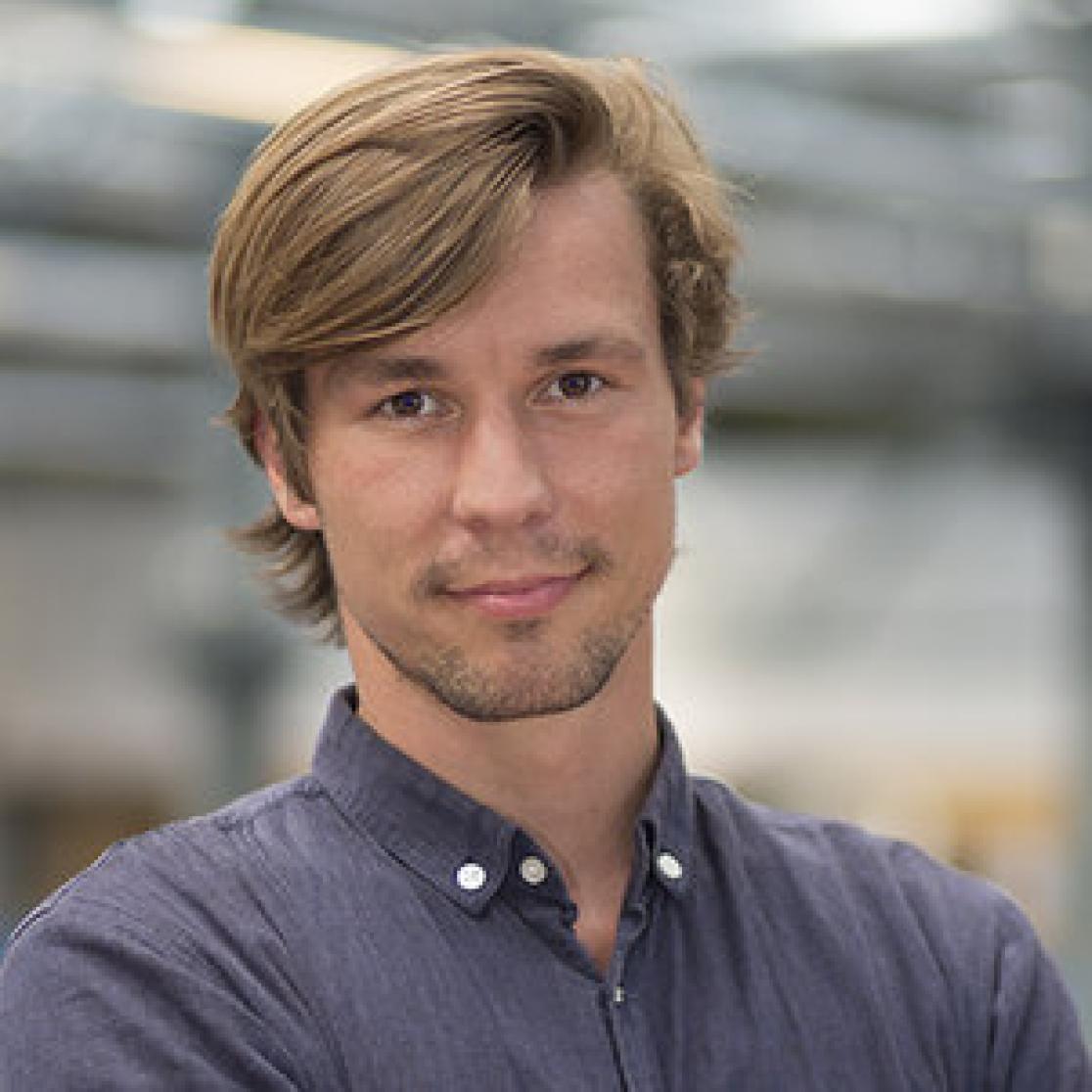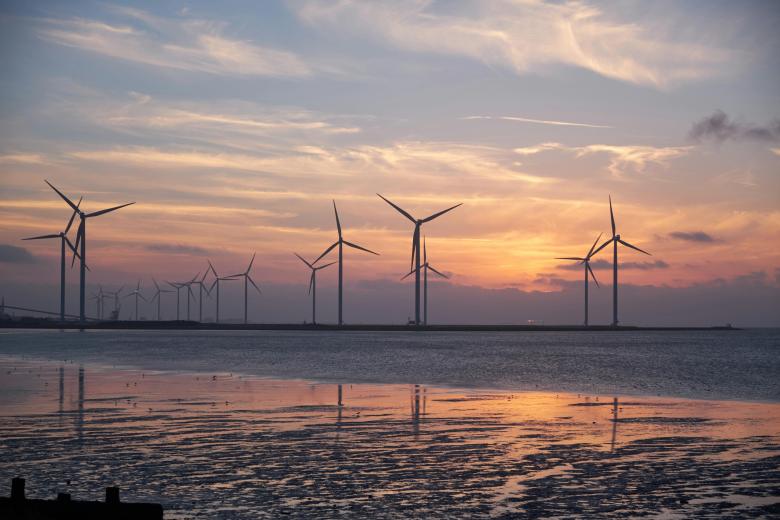Masterclass: guiding companies to better understand circular strategies
To innovate for a circular economy, companies need to make changes on many different levels: they need to redesign products, innovate their business models, and drive changes in their wider supply chains and ecosystems. This can be difficult to organise. That is why Jan Konietzko created the Circularity Deck, a card deck-based tool that helps people in companies better understand the circular strategies and the levels at which they can be applied.
To help guide sustainability managers, entrepreneurs and designers through the circularity deck, Jan recently created a Masterclass together with Impact Hub Amsterdam.
In this Masterclass, Jan walks you through the Circularity Deck and explains:
- What a circular economy is, and why it is important,
- The key circular economy strategies, and the levels on which you can apply them,
- Insights on navigating three key processes to implement the circular strategies: collaboration, experimentation, and platformisation.
Jan Konietzko is a Research Fellow at Maastricht Sustainability Institute and is a member of the project Circular X, where he develops tools and methods that can help companies drive sustainable innovation.
For more information, you can connect with Jan on LinkedIn, visit the Circular X website or reach out to his innovation consultancy Circular Strategies.

Also read
-
SBE researchers involved in NWO research on the role of the pension sector in the sustainability transition
SBE professors Lisa Brüggen and Rob Bauer are part of a national, NWO-funded initiative exploring how Dutch pension funds can accelerate the transition to a sustainable society. The €750,000 project aims to align pension investments with participants’ sustainability preferences and practical legal...
-
A Different Conversation: How a Female Investment Network is Shaping Entrepreneurship
Why do female entrepreneurs struggle to secure funding in today’s competitive ecosystem? Despite efforts to level the playing field, women continue to face significant barriers when pitching their ventures to investors. But with a growing focus on sustainability and social impact, can female-led...
-
When Transitions Hit Home: Exploring the decarbonisation divide in domestic heating and cooling
The Netherlands stands at the threshold of a monumental task: the decarbonisation of nearly 8 million homes by 2050. As society navigates this transition away from fossil fuels, communities encounter both promising opportunities and significant hurdles. Job Zomerplaag’s PhD project, provisionally...